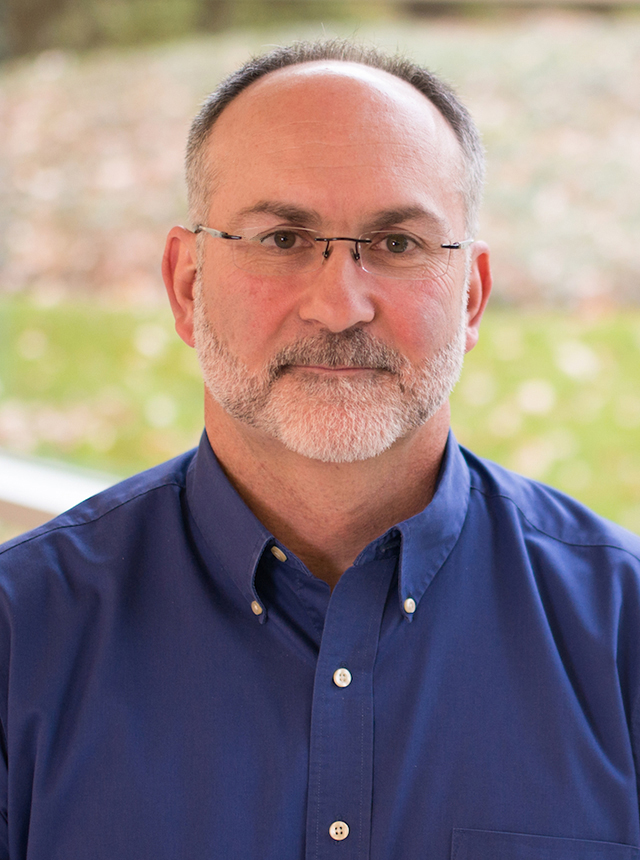Weather Alert: Following the winter storm, all Temple Health hospitals, campuses and clinical locations remain open. Patients will be contacted directly if their visit is affected. Please check TempleHealth.org or FoxChase.org for updates and monitor myTempleHealth for changes to scheduled appointments.
Breadcrumb
- Home
- Fox Chase Cancer Center News
- Fox Chase Researchers Discover Genetic Mutation Behind Several Cancers
Fox Chase Researchers Discover Genetic Mutation Behind Several Cancers

PHILADELPHIA (November 30, 2016) – Working with a team of researchers who were screening and treating newborns for Severe Combined Immunodeficiency (SCID), researchers from Fox Chase Cancer Center have uncovered previously unknown information about how some cancers are formed. The study appears in the New England Journal of Medicine.
David Wiest, PhD, deputy chief scientific officer at Fox Chase, together with Jennifer Puck MD, a professor of pediatrics at the University of California at San Francisco, led the study. Puck developed a quick and inexpensive screen for SCID, a rare, inherited condition resulting in a weak immune system that leaves babies susceptible to a range of dangerous, often life-threatening infections. Wiest and his team at Fox Chase investigated the genetic mutation responsible for the condition, and learned that the same mutation may be the cause of a range of cancers.
Exome sequencing of affected babies and their parents revealed gene mutations in Bcl11B, which Wiest then vetted by functional analysis in zebrafish. This was the first time that gene has been associated with SCID. Wiest also discovered that it is a gene that regulates cancer formation.
“Identifying the causative gene mutations in SCID may lead to the ultimate in personalized medicine,” Wiest said, referring to a method of autologous bone marrow transplantation, in which the patient’s own marrow could be extracted and genetically edited, then infused back into the patient.
“This study is a great reminder of the interconnectedness of medical research,” Wiest added. “Understanding basic cellular function is key to ultimately prevailing over cancer.”
Fox Chase Cancer Center (Fox Chase), which includes the Institute for Cancer Research and the American Oncologic Hospital and is a part of Temple Health, is one of the leading comprehensive cancer centers in the United States. Founded in 1904 in Philadelphia as one of the nation’s first cancer hospitals, Fox Chase was also among the first institutions to be designated a National Cancer Institute Comprehensive Cancer Center in 1974. Fox Chase is also one of just 10 members of the Alliance of Dedicated Cancer Centers. Fox Chase researchers have won the highest awards in their fields, including two Nobel Prizes. Fox Chase physicians are also routinely recognized in national rankings, and the Center’s nursing program has received the Magnet recognition for excellence six consecutive times. Today, Fox Chase conducts a broad array of nationally competitive basic, translational, and clinical research, with special programs in cancer prevention, detection, survivorship, and community outreach. It is the policy of Fox Chase Cancer Center that there shall be no exclusion from, or participation in, and no one denied the benefits of, the delivery of quality medical care on the basis of race, ethnicity, religion, sexual orientation, gender, gender identity/expression, disability, age, ancestry, color, national origin, physical ability, level of education, or source of payment.
For more information, call 888-369-2427